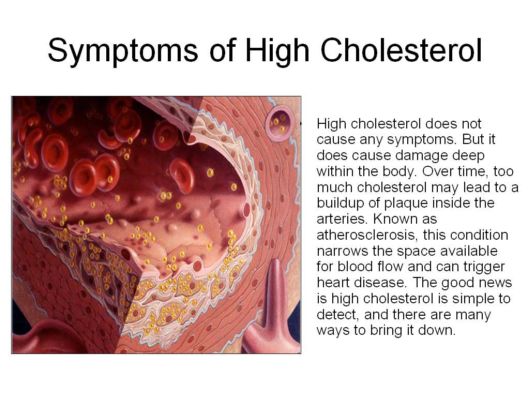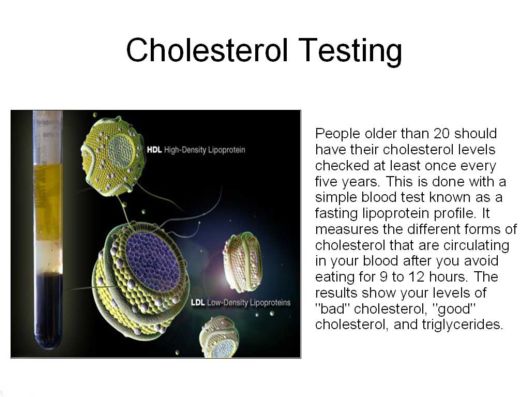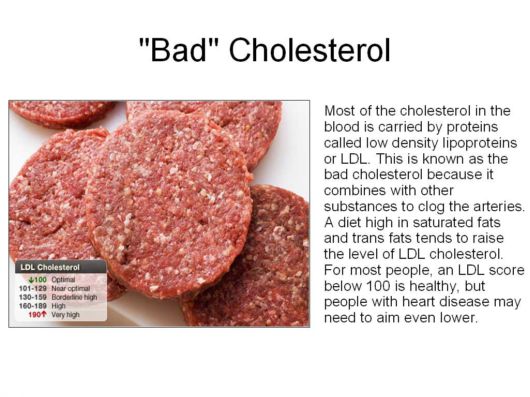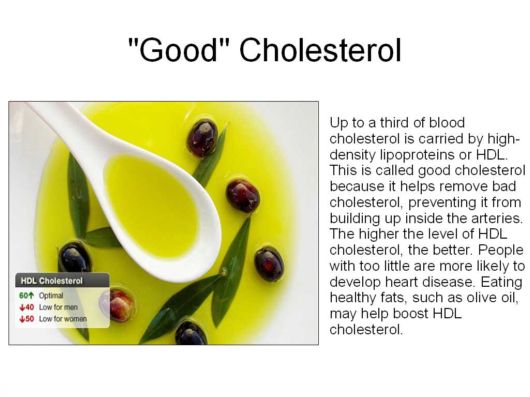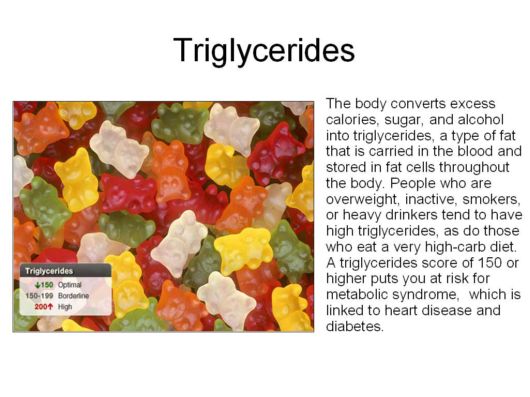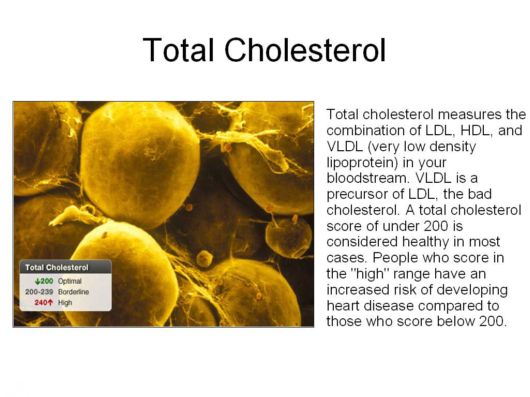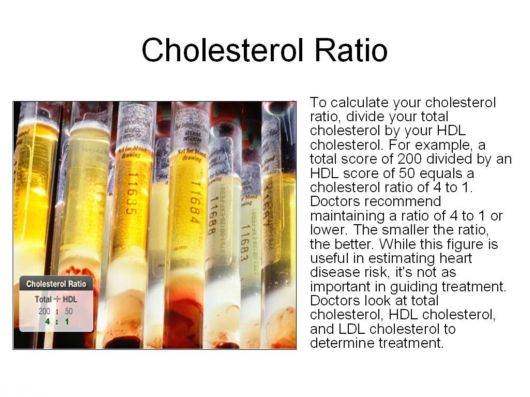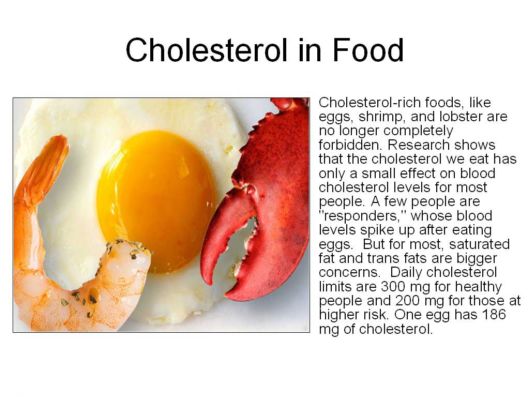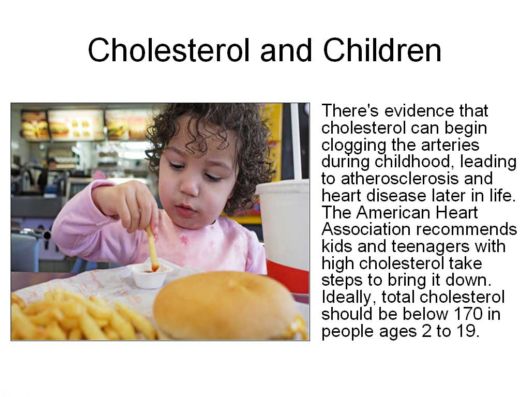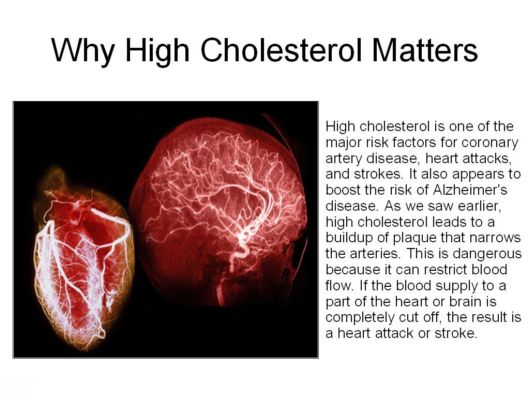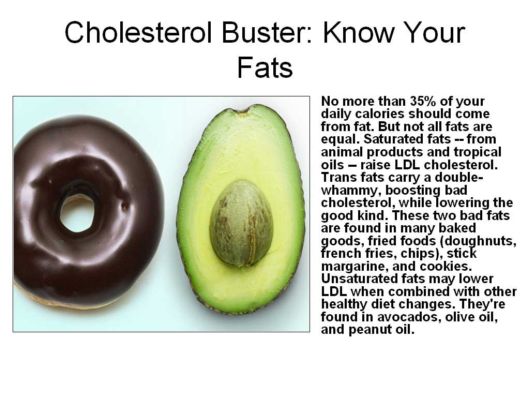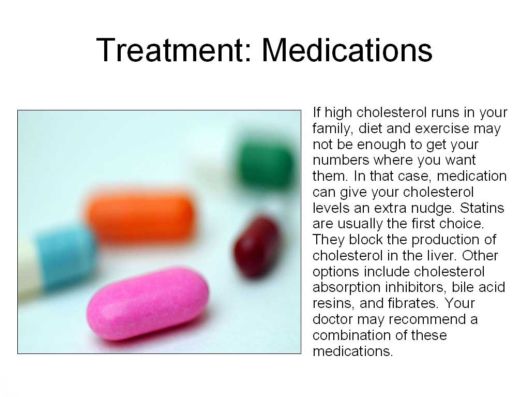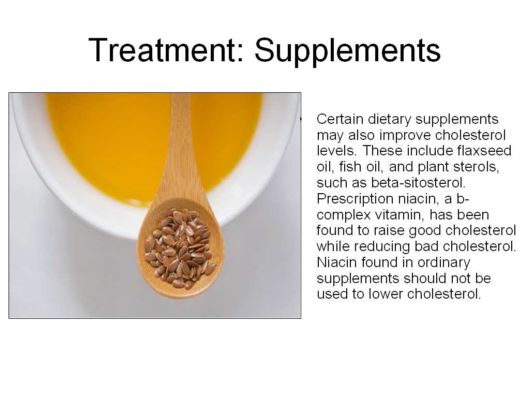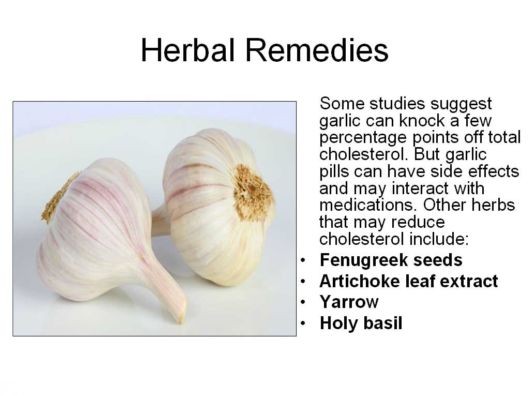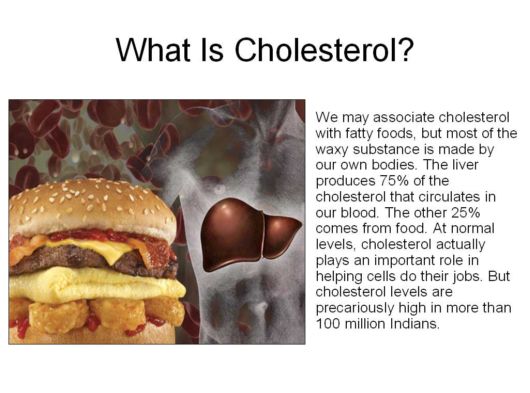
Cholesterol, from the Greek chole- (bile) and stereos (solid) followed by the chemical suffix -ol for an alcohol, is an organic chemical substance classified as a waxy steroid of fat. It is an essential structural component of mammalian cell membranes and is required to establish proper membrane permeability and fluidity.
In addition to its importance within cells, cholesterol also serves as a precursor for the biosynthesis of steroid hormones, bile acids, and vitamin D. Cholesterol is the principal sterol synthesized by animals; in vertebrates it is formed predominantly in the liver. Small quantities are synthesized in other cellular organisms (eukaryotes) such as plants and fungi. It is almost completely absent among prokaryotes (i.e., bacteria).
Although cholesterol is important and necessary for human health, high levels of cholesterol in the blood have been linked to damage to arteries and cardiovascular disease.
